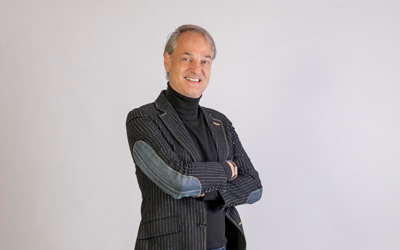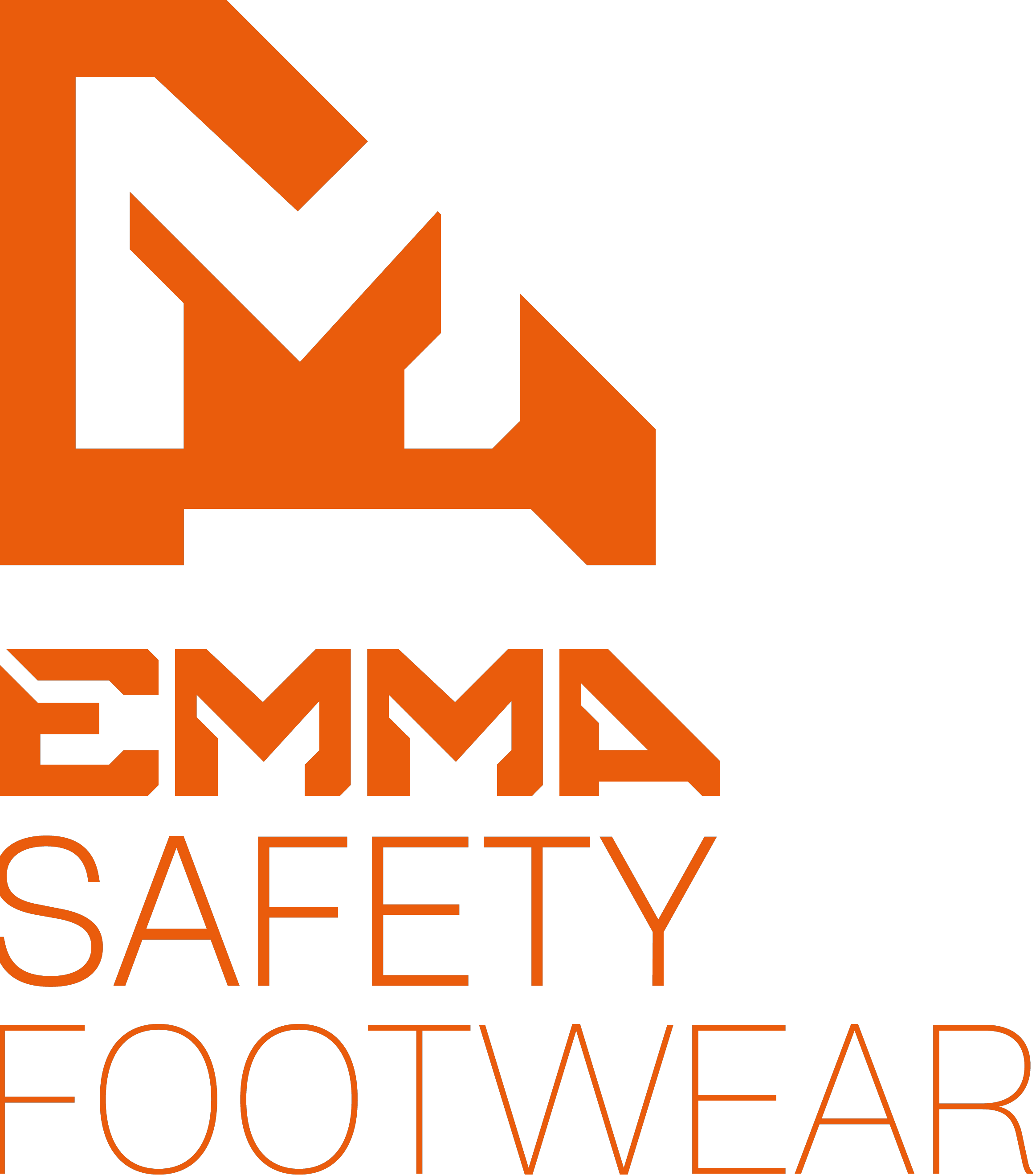Marc Meijers (DenimX)
Marc Meijers
Denim X is a sustainable company based in Maastricht. We specialise in textile waste upcycling. We look for new, functional ways to use all the textiles we throw out. From your own personal wardrobe to company uniforms. Is that new use always predetermined? We're just at the beginning of this whole concept and process. So many companies still aren't even aware of the possibilities. So we bring them into this journey to show them how much you can make from textiles.
Social responsibility? We keep valuable materials (waste) from ending up in an incinerator or a landfill. That means we have to be much more careful and practical about how we use our materials. Everything is finite. And we play a part in that. It takes a lot of knowledge and skill to do this well. But we're saving on environmental impact, energy, and CO2 emissions.
Doesn't a process like this actually consume a lot more energy? Absolutely not! Especially not compared new production, which uses much more energy. And then there are the savings from 'not' burning the leftovers. That means less impact on the environment, because everything that goes up the chimney comes back down somewhere.
So why is reusing raw materials so important to you? You've already mentioned the environmental impact, but why would you want to encourage other entrepreneurs to 'go do it'? It's mainly companies that are producing products. And recently, especially after the Covid-19 pandemic, we've come to realise how valuable materials are. We all need to move towards a circular world. That means everything that's already had one life should at least get a second, third, fourth life. Of course will wear and tear over time. The quality diminishes. And that means nothing can really be used indefinitely. Or very few things. So you have to find a new and useful application every time around. Eventually, after four lives, you might decide that it's done all it can do. Then it can revert back to something else via the normal, natural route.
For a lot of people, their idea of circular is indeed infinite. But even nature breaks things down and makes something new from it. But these are organic compounds. We're often working with other kinds of materials that have to fill other functions. Cotton, for example, is a natural raw material. If you use that in a pair of jeans, then we'll then disintegrate the fibres to make new things with them. The fibre never grows any longer, so it will continue to decrease in quality. And the jeans have already been washed a number of times, so eventually the cotton simply can't be turned into a new piece of clothing.
Collaboration: a fantastic combination, with one problem who comes up with these ideas (DenimX), another who has the machines and the knowledge required produce them (Eurocarbon). But we also need a partner with a solid practical application and the market for it (EMMA). So the customers are the buyers. And that's all come together perfectly here. We happened to be close to each other. But what's even more important in this collaboration is that we all share the same mindset.
We truly believe that we have to find sustainable solutions together. So take a hard look at every part of your entire business structure, your product, your production process to see how it can be improved, how it can be made more sustainable. And that demands a lot from companies, because we're only on the eve of this whole change. And I think DenimX, EMMA, and Eurocarbon can already be seen as frontrunners. Nationally and even beyond that. We're doing something valuable here.
With these laces, we're creating even more awareness with the end user around the shoe's sustainable features. And they look great. So they're contributing to a more sustainable world when they wear those shoes. That's especially interesting for buyers and business owners who support these kinds of sustainable initiatives.
What will the world look like in 20 years? I think that by then, we will have taken a big step towards more intentional living, towards smarter solutions, towards more sustainable solutions. It certainly won't be circular, that's an illusion. But it will be very sustainable. If there are more initiatives like this, then we can really make progress. It requires a change in the way we think, you have to start thinking about something that doesn't exist yet. And companies usually aren't so keen on that, because it comes with uncertainty. It's a bit like working towards a point on the horizon.
People need to realise that soon we won't have a choice. It's not about the sense of urgency, it's about intrinsic motivation. So we have to do this together. These aren't easy steps to take. But if you do it intentionally, with enough intrinsic motivation and the belief that it's better for yourself and for the world, you'll end up where you want to be.
Products from China: With the costs involved, I might as well have it made next door. That also saves on CO2 emissions, transport costs, you name it. Looking at a sustainable world, we should at least try to limit transport as much as possible. But you also need to have the materials available. And that brings us back to supply. Are they available? They often are, but in an already-used form. So you're forced to look at your own waste differently. And then we've come full circle.
Essentially, Denim X wants to be an important knowledge provider, especially when it comes to converting waste streams into new products, so companies can come to us to see if they can create something. Of course that involves some knowledge transfer, too. But we always need to identify the application beforehand. What do you ultimately want to make? Reverse engineering. First think about the ultimate goal and what it requires, then go back to the process, the technology, and the right materials. Then you get to matchmaking between demand and supply. That's what DenimX does. From beginning to end and back again.



